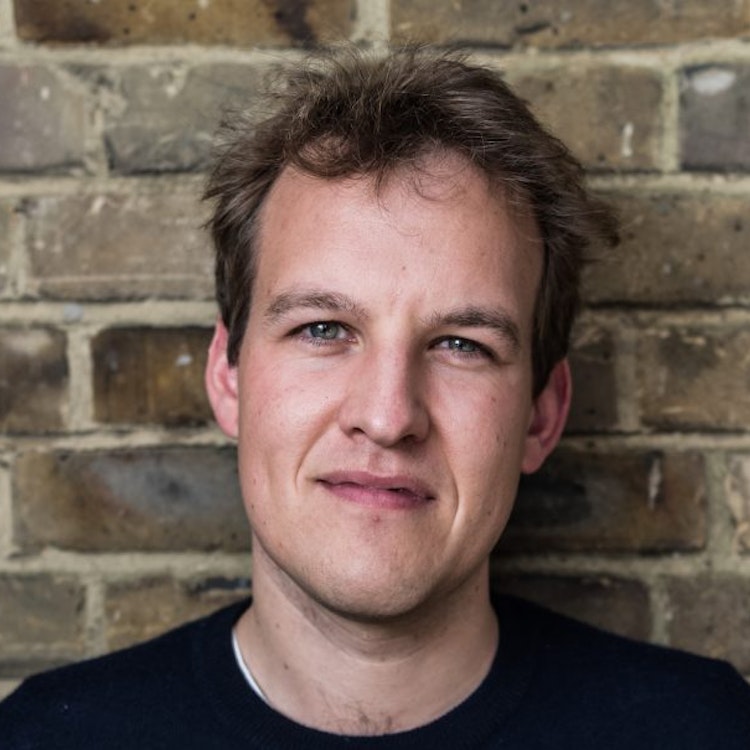It feels like there’s a new type of [insert letter or symbol here]/acc for every day of the week in the tech world right now.
Since a16z’s Marc Andreessen launched his e/acc [effective accelerationism] manifesto for a pro-innovation, techno-optimist vision of the future, we’ve seen Europeans launch the more cautious eu/acc movement and technologists in the UK trumpet the “🇬🇧/acc” agenda, arguing for light touch tech regulation.
Now, we’ve got a new /acc in town — def/acc, or “defensive acceleration” — and it’s the focus of company builder and investor Entrepreneur First’s (EF) new programme. The term (which isn’t explicitly to do with defence tech) was originally coined in an essay by Ethereum founder Vitalik Buterin, arguing for “certain types of technology that much more reliably make the world better than other types of technology,” and that defend against big threats to humanity and society.
EF will bring together a cohort of companies working on ideas that fit that bill in London for 12 weeks, paying a stipend to cover living expenses for that time. At the end of the period, EF will invest $250k in the most promising ideas and the founders can opt to complete the final 12 weeks of the programme in either London or San Francisco.
Sifted sat down with EF’s cofounder Matt Clifford, also chair of the UK's Advanced Research and Invention Agency (ARIA), to ask why we need a new acronym, and what kinds of companies he’s hoping will be involved.
Big ambitions
One of the first rules of the def/acc programme is that there are not many rules to what it can mean.
“I don’t want to be too prescriptive,” says Clifford. “One of the things I've learned from doing EF for so long is that the best things we've funded I would never have come up with by myself in an office.”
He says he’s particularly interested in people building technologies to defend against big risks like cyber attacks, powerful AI, nuclear war and pandemics, rather than companies working on solutions to optimise marketing spend.
“I'm really excited to work with entrepreneurs that want to solve civilizationally important problems,” Clifford tells Sifted. “I want us to create the place for the most ambitious people that want to build really important technology that makes the future go better.”
Marshalling agents
As well as big problems facing humanity – like the prospect of another pandemic or a nuclear war, Clifford wants the def/acc programme to focus on solving big questions in the economy, using the example of “AI agents” — a type of AI that it is hoped will become able to carry out tasks in a similar way to human workers.
“There's a lot of excitement around agents right now, you see a lot of companies raising money for AI agents,” he says. “It's very plausible that, within a couple of years, agents could be very significant in parts of the economy. And if that's true, then thinking about what the tooling and infrastructure we need for that now doesn’t feel premature.”
Clifford says he’s interested in working with companies that are building solutions to make AI agents more robust and reliable, adding that he thinks they are likely to supercharge a whole new era of entrepreneurialism, where the barriers to entry are lower than ever.
“You can see agents as a way of narrowing the gap between inspiration and execution,” he argues.
“Right now, if I have an idea, to actually bring it into the world there's a whole chain of events that has to happen, some of which just have lead times and transaction costs, because of the need to interact with humans or to find the right person to do it, or me trying to do it myself, but very imperfectly… Agents will chip away at that gap between inspiration and execution.”
If agents do become a meaningful part of the economy, Clifford predicts we’ll see more “one-person-bands that are able to get to a million dollars of revenue in a very short period of time” before too long.
Bullish on the UK
Clifford says that he’s also interested to see how robotics will harness the latest powerful AI models: “I think we'll look back and say that the benefit of the progress in AI over the last couple of years really came to fruition when we applied those learnings into the physical realm.”
The EF cofounder is clear that he wants to get applications from entrepreneurs who want to build societal responsibility into their products from the ground up.
“The intentions, values and visions of the creators of technology really make a difference to what happens to it,” says Clifford.
When it comes to the UK’s position in building impactful startups, he doesn’t seem too worried about the upcoming election and a possible change of government disrupting the strong momentum behind the country’s tech scene.
“On ARIA and on AI, which are the two areas I know, what you see is there’s actually very broad cross-party support,” says Clifford. “I think we all accept that the UK has a genuine asset when it comes to the science and tech base — whether that's talent, companies or research. I'm really pleased that everyone I talked to on all political sides seems to not just pay lip service to, but have a deep commitment to, continued investment in that science and tech base.”




